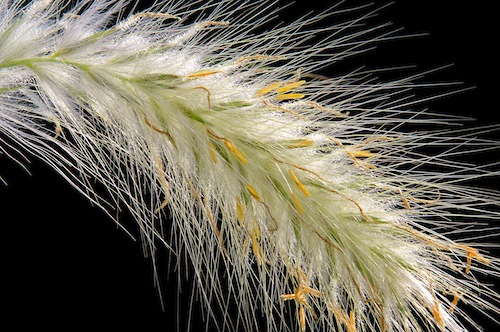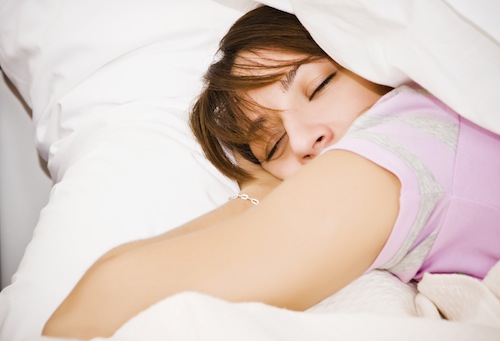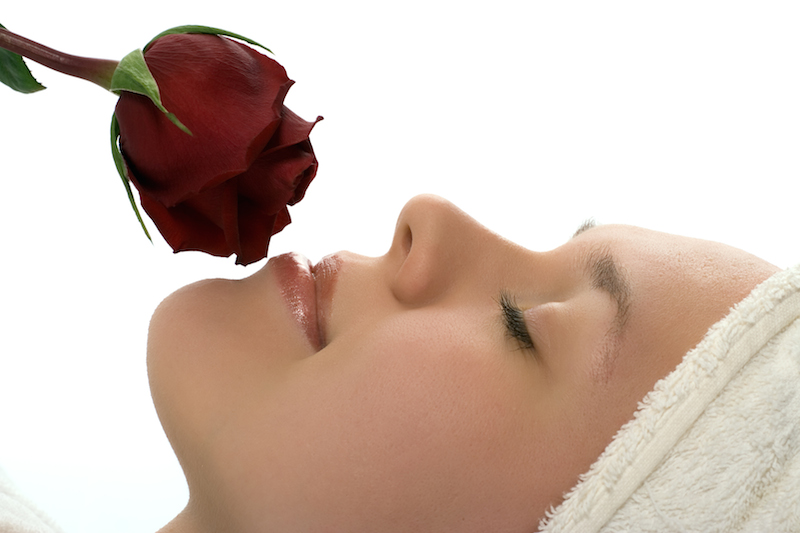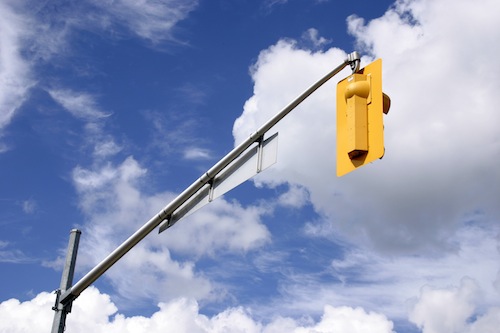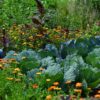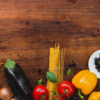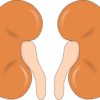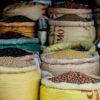Most people look forward, with anticipation, to the refreshing winds and budding trees of spring which lead into summer. For many this period is nothing to dread. However, there are a number of people who suffer from hay fever during this period.
Symptoms
It is mainly during these periods that many suffer from a runny and itchy nose, throat, red eyes, sometimes with headaches and pain in the sinuses and even blurred vision. All these reactions are summed up in one term, Hay Fever, a disorder that 20% of Britons suffer from. This is why we thought to give it some attention, as spring is drawing nigh.
Cause
The cause of hay fever vary, but these are some of the most frequently accounted contributors including mould, plant pollens, grass & ragweed pollen (which accounts for 75% of cases in the US). Although the majority suffer seasonally, according to the plant circle some are affected all year long as they can be sensitive to dust, feathers or animal danders.
Hay fever is a reaction of the mucous membranes of the eyes, nose and air passages to such seasonal pollens, as well as to dust feathers, animal hair, and other irritants. Dry and windy days, working in the garden or even riding in the open can worsen the symptoms. Windless, rainy and cloudy days tend to be the best.
Attacks can be caused by stress, alcohol, anger, resentment, negative thoughts, and no less frequent are those persons battling with asthma and dermatitis (allergic reaction to specific allergens). In regards to diet, eating too much, late and none nutritious foods, dairy and processed foods as milk products, ice cream, refined/white sugar & flour products can exhaust the body as it tries to expel toxins, in addition to allergic irritants.
Principle prevention
Do your best to prepare your immune system against the irritants!
- Get off all processed foods, dairy products, animal foods, alcohol. Eat green leafy vegetables, a high-fiber diet containing whole grains, nuts and legumes or pulse. Cantaloupe, melons, and mangoes cause the same reaction as ragweed, avoid it.
- Begin taking brewer’s yeast tablets two month before hay fever period.
- Eat unprocessed raw honey or honey comb, preferably from your area of living. Do this three days consecutively and stop for four days and then repeat the honey eating cycle.
- Take herbs that at can aid in building up one’s defence system and cleanses the blood & colon. These include, eyebright (eyes & nose), boswelia (reduces allergic inflammations), ginseng, yerba mate (relieve allergic symptoms), eucalyptus or peppermint together with thyme (reduces nasal congestion), fenugreek (eliminates hard mucus from the body, have 1-2 glasses daily during the season), garlic (kills bacteria, a clove every 6 hour, daily) and golden seal (cleanses blood & digestive tract from toxins).
- Have sufficient amount of Calcium, magnesium, potassium, selenium, zinc, Vitamin A, B-complex (especially B6 & B12) and a good amount of Vitamin C.
Do your best to avoid the irritants!
- Do not mow lawns and avoid fresh cut grass during the season.
- Do not hang sheets outside to dry, they collect pollen.
- Cover mattress and pillows with plastic and avoid wool bedding or furniture with horsehair.
- Drink sufficient still mineral water as it helps clean the system, as much is lost in sneezing and nasal discharge.
- Hot foot-baths can help relieves nasal cogestion, so do exercise and ensure that cold cloths are properly rung out before being repeatedly applied to the forehead.
In all this one needs to be become a expert on their ailment, learning to understand where and when the pollen is most prevalent and how to prevent it from causing a health crisis.
Based on Natural Remedies Encyclopedia, 578-9 by Vance Ferrell:

